Before Choosing an AC Generator: Top 5 Critical Factors to Consider
Selecting the right AC generator is one of the most important decisions for ensuring operational continuity, whether for emergency backup, prime power, or temporary applications. The consequences of choosing incorrectly can be severe—from inadequate power supply during critical moments to skyrocketing operational costs and premature equipment failure. The process of Choosing an AC Generator requires careful evaluation of your specific power needs, operational environment, and long-term operational costs. This comprehensive guide walks you through the five most critical factors to consider before making your investment, ensuring you select a generator that delivers reliable performance while optimizing your total cost of ownership.
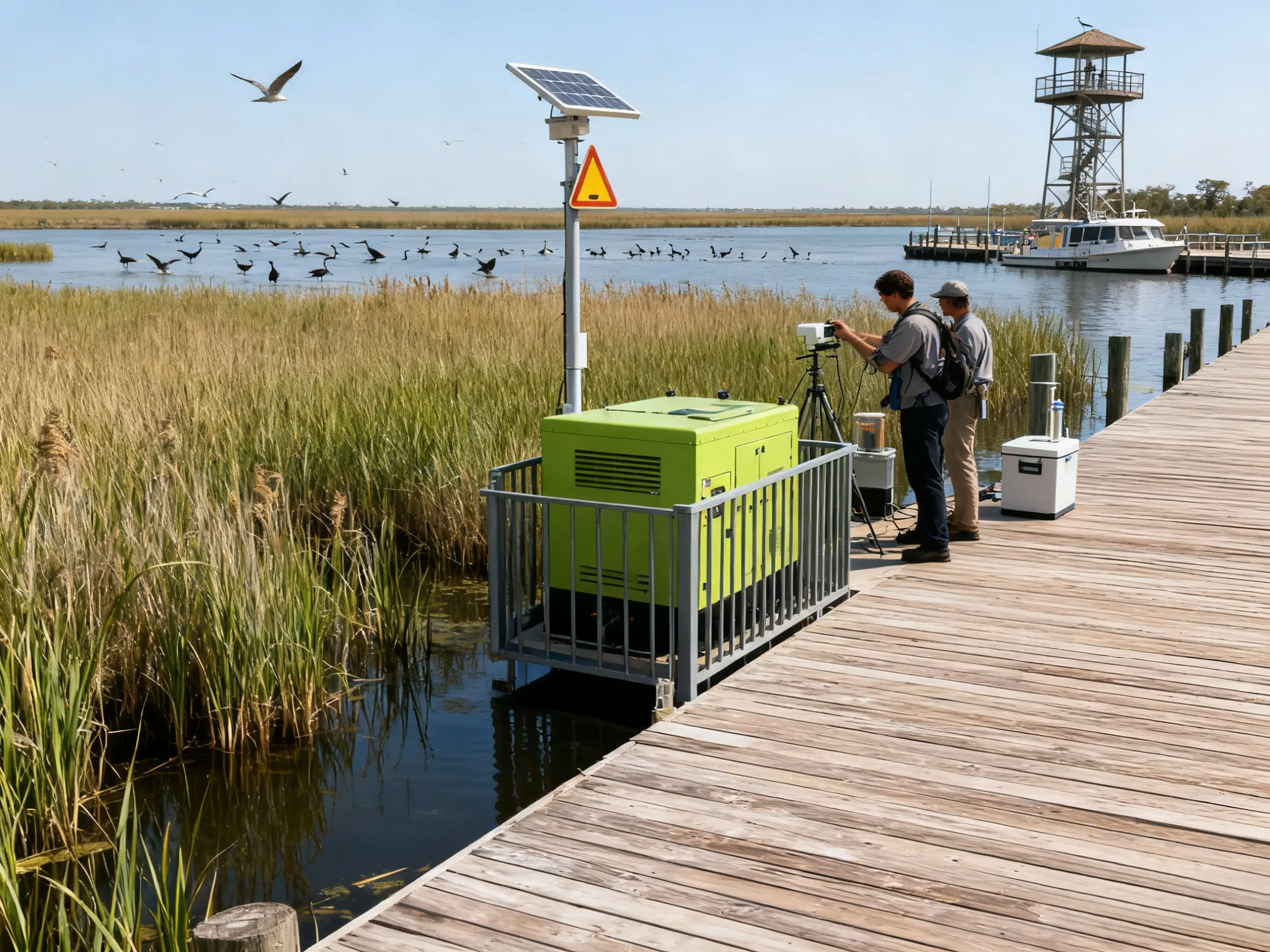
Power Capacity and Load Requirements
The fundamental starting point for Choosing an AC Generator is accurately determining your power requirements. An undersized unit will fail to support your equipment, while an oversized one will lead to inefficient operation and unnecessary expense.
Calculate Total Wattage: Create a detailed list of all equipment and appliances the generator must support. Include both starting (surge) and running watts for each item, as motors require significantly more power to start than to run continuously.
Prioritize Essential Loads: For standby applications, distinguish between critical loads that must be powered during an outage and non-essential loads that can be temporarily suspended.
Consider Future Expansion: Account for potential future power needs by incorporating a reasonable capacity buffer (typically 15-25% above your calculated load).
Load Type Considerations: Be aware that sensitive electronic equipment may require generators with lower Total Harmonic Distortion (THD) for clean power output.
Fuel Type and Efficiency
The choice of fuel directly impacts operating costs, maintenance requirements, and operational flexibility—making it a crucial consideration when Choosing an AC Generator.
Diesel Generators:
Ideal for heavy-duty applications and continuous operation
Typically offer better fuel efficiency and longer engine life
Better suited for high-altitude operations
Require careful fuel management to prevent contamination
Natural Gas Generators:
Connect directly to municipal supply lines (unlimited runtime)
Cleaner emissions and easier regulatory compliance
Generally require less maintenance than diesel equivalents
Dependent on reliable gas supply infrastructure
Fuel Storage Considerations: For diesel generators, ensure you have adequate on-site fuel storage capacity based on your anticipated runtime requirements during outages.
Portable vs. Standby Generators
Your specific application will determine whether a portable or standby generator is more appropriate for your needs.
Portable Generators:
Lower initial investment and flexible deployment
Require manual setup and operation during outages
Suitable for construction sites, recreational use, and temporary power needs
Typically power a limited number of appliances via extension cords
Standby Generators:
Permanent installation with automatic transfer switch
Automatically activate within seconds of a power outage
Can power entire facilities or selected circuits
Higher initial cost but provide seamless backup power
Require professional installation and periodic maintenance
Environmental Considerations and Regulations
Operating environment and regulatory compliance significantly influence generator selection and installation requirements.
Emissions Compliance: Ensure your generator meets local emissions standards (EPA, CARB, EU Stage V), especially if operating in regulated areas.
Noise Restrictions: Consider sound-attenuated models or acoustic enclosures for noise-sensitive environments like residential areas or hospitals.
Altitude and Temperature: Generator output derates at higher altitudes and extreme temperatures—factor these conditions into your capacity calculations.
Installation Location: Determine whether the unit will be installed outdoors, in an enclosure, or within a dedicated generator room, ensuring adequate ventilation and service access.
Quality and Reliability Features
Not all generators are created equal. Prioritize quality construction and reliability features that ensure performance when needed most.
Engine Reputation: Select generators with industrial-grade engines from reputable manufacturers known for durability and service support.
Alternator Construction: Look for brushless design with Class H insulation for better performance and longer life under demanding conditions.
Control System Capabilities: Modern controllers with comprehensive monitoring, self-diagnostic capabilities, and remote communication options provide greater operational control.
Protection Features: Ensure the generator includes essential protection against low oil pressure, high temperature, overloading, and short circuits.
Service and Support: Verify the availability of spare parts, technical support, and qualified service providers in your region.
Total Cost of Ownership
Looking beyond the initial purchase price is essential when Choosing an AC Generator that represents true long-term value.
Initial Purchase Price: Includes the generator itself, any optional accessories, and professional installation costs.
Fuel Consumption: Calculate projected fuel costs based on your expected usage patterns and local fuel prices.
Maintenance Requirements: Factor in routine maintenance costs (oil changes, filter replacements, coolant servicing) and potential major overhaul intervals.
Warranty Coverage: Compare warranty terms, including duration, coverage limitations, and requirements to maintain validity.
Resale Value: Quality generators from reputable manufacturers typically retain higher resale value.
Conclusion
Choosing an AC Generator represents a significant investment in your operational resilience. By carefully evaluating these five critical factors—power capacity, fuel type, application needs, environmental considerations, and quality features—you can select a generator that delivers reliable performance while optimizing your total cost of ownership. Remember that the cheapest initial option often proves more expensive in the long run through higher fuel consumption, increased maintenance, and premature failure. A properly selected generator becomes a valuable asset that protects your operations, equipment, and bottom line for years to come.
Our technical team specializes in helping clients navigate these critical decisions to select the optimal generator solution for their specific requirements. For personalized assistance Choosing an AC Generator that matches your operational needs and budget, contact our power experts at skala@whjlmech.com.
References
Generator Manufacturers Association. (2021). Guidelines for Rating and Application of Generator Sets. GMA Technical Publication TP-101.
International Organization for Standardization. (2018). Reciprocating internal combustion engine driven generating sets — Part 1: Application, ratings and performance (ISO 8528-1:2018).
National Fire Protection Association. (2020). Standard for Emergency and Standby Power Systems (NFPA 110).
Johnson, M. (2022). Emergency Power Systems: A Comprehensive Guide to High-Speed Diesel Generators. Power Engineering Quarterly, 45(3), 78-92.
 VIEW MOREgenerator 630 kva
VIEW MOREgenerator 630 kva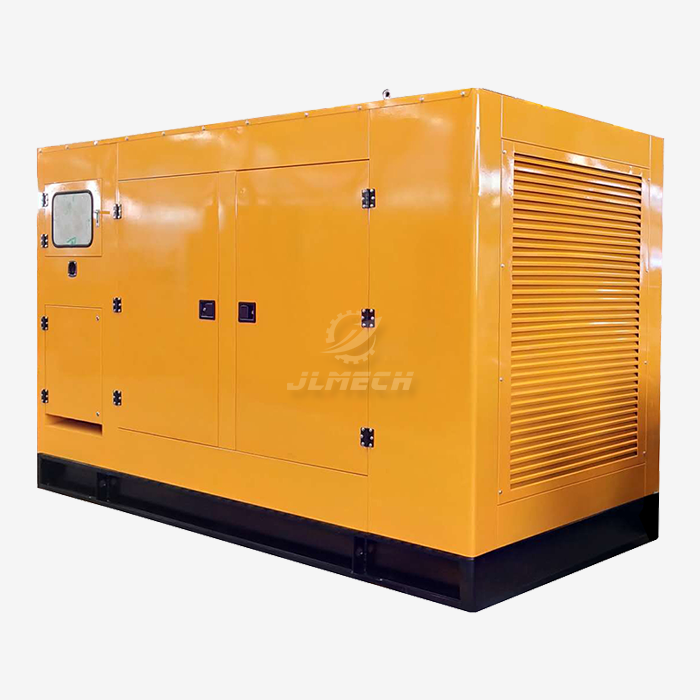 VIEW MORE100KW 50Hz 220V diesel generator
VIEW MORE100KW 50Hz 220V diesel generator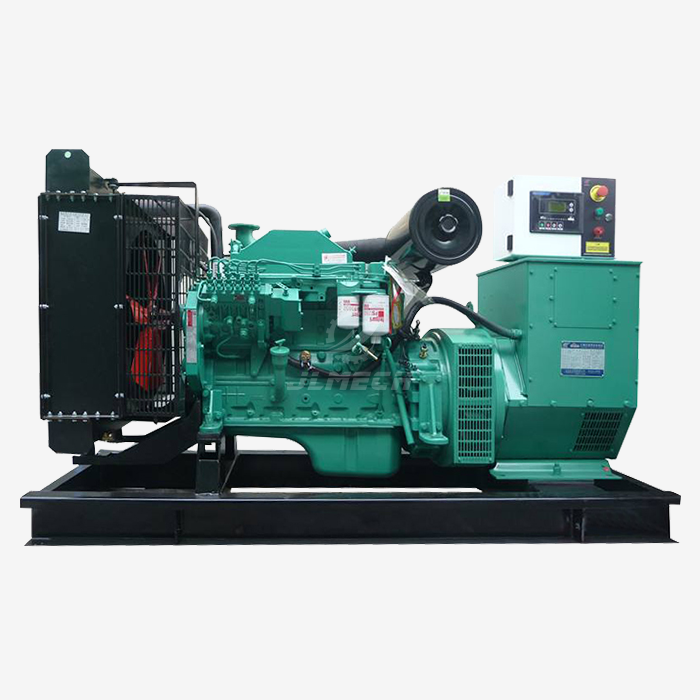 VIEW MORERemote Start Diesel Generator
VIEW MORERemote Start Diesel Generator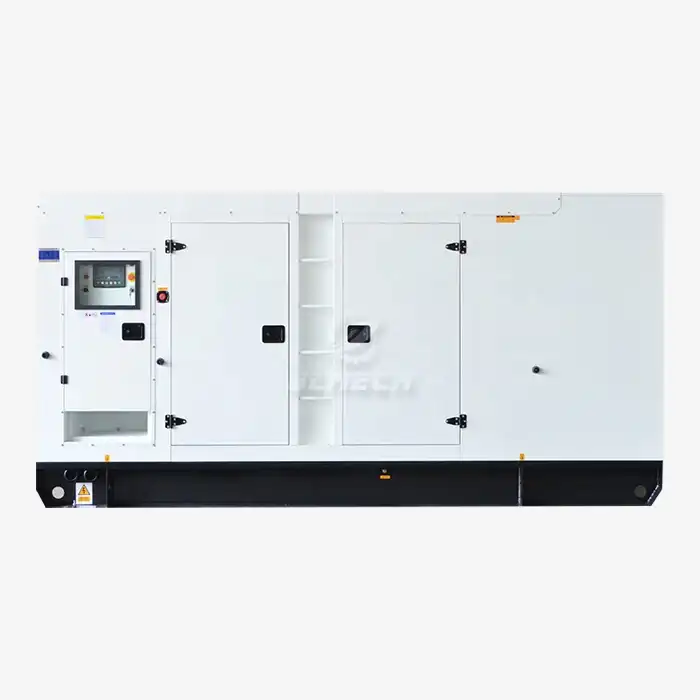 VIEW MORESemi-automatic diesel generator
VIEW MORESemi-automatic diesel generator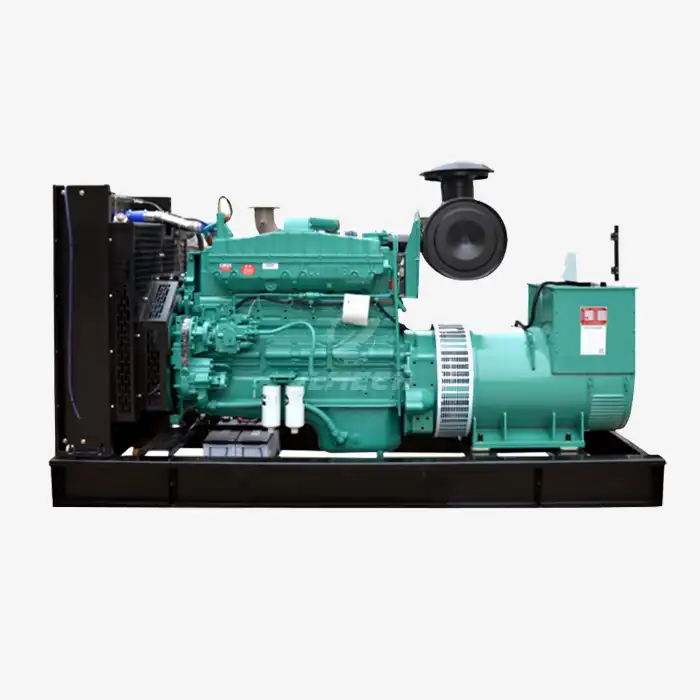 VIEW MOREdiesel generator 100 kw
VIEW MOREdiesel generator 100 kw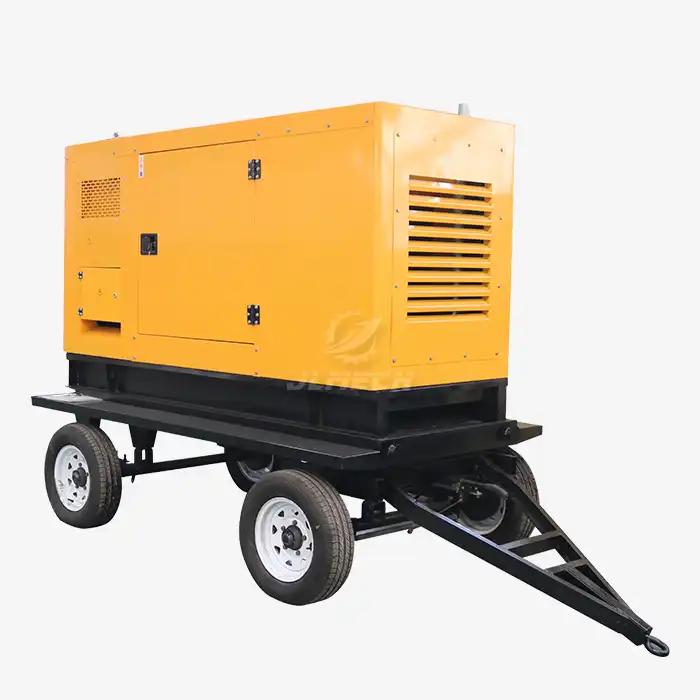 VIEW MOREportable diesel powered generator
VIEW MOREportable diesel powered generator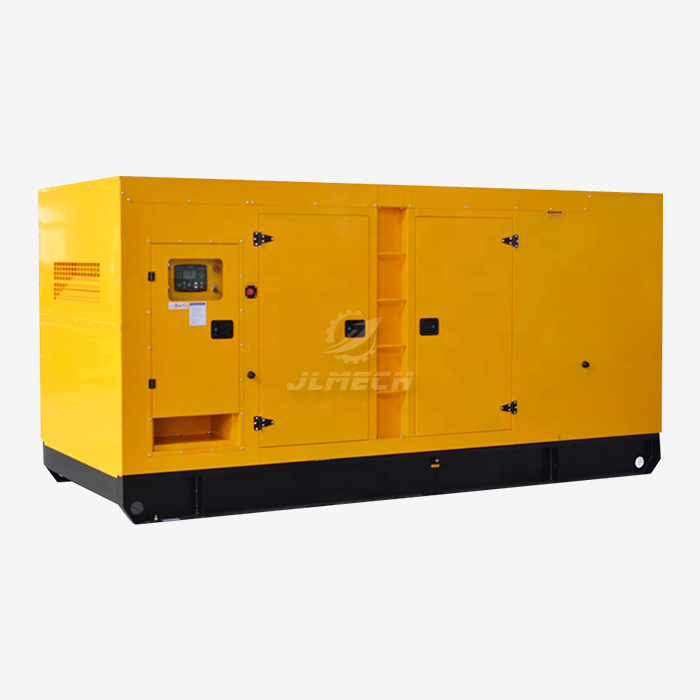 VIEW MOREVolvopenta diesel generator 100KW
VIEW MOREVolvopenta diesel generator 100KW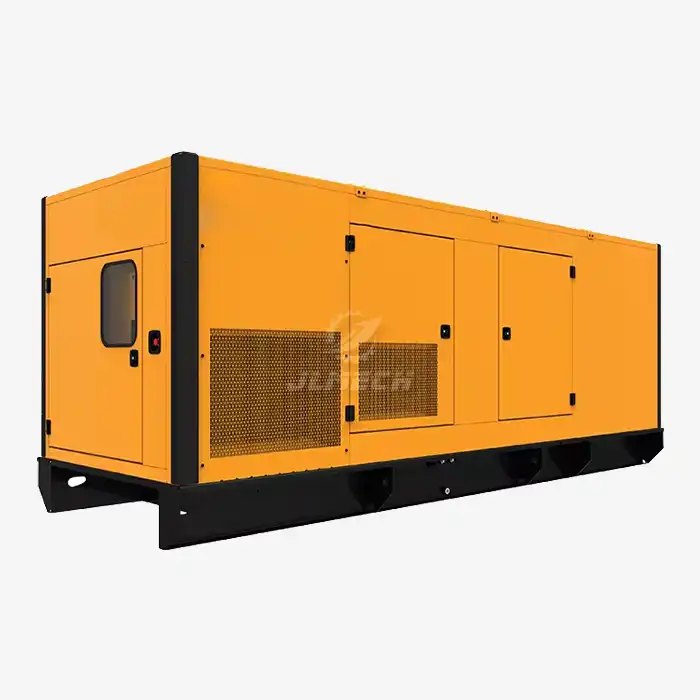 VIEW MOREsilent diesel generator 437kva
VIEW MOREsilent diesel generator 437kva



